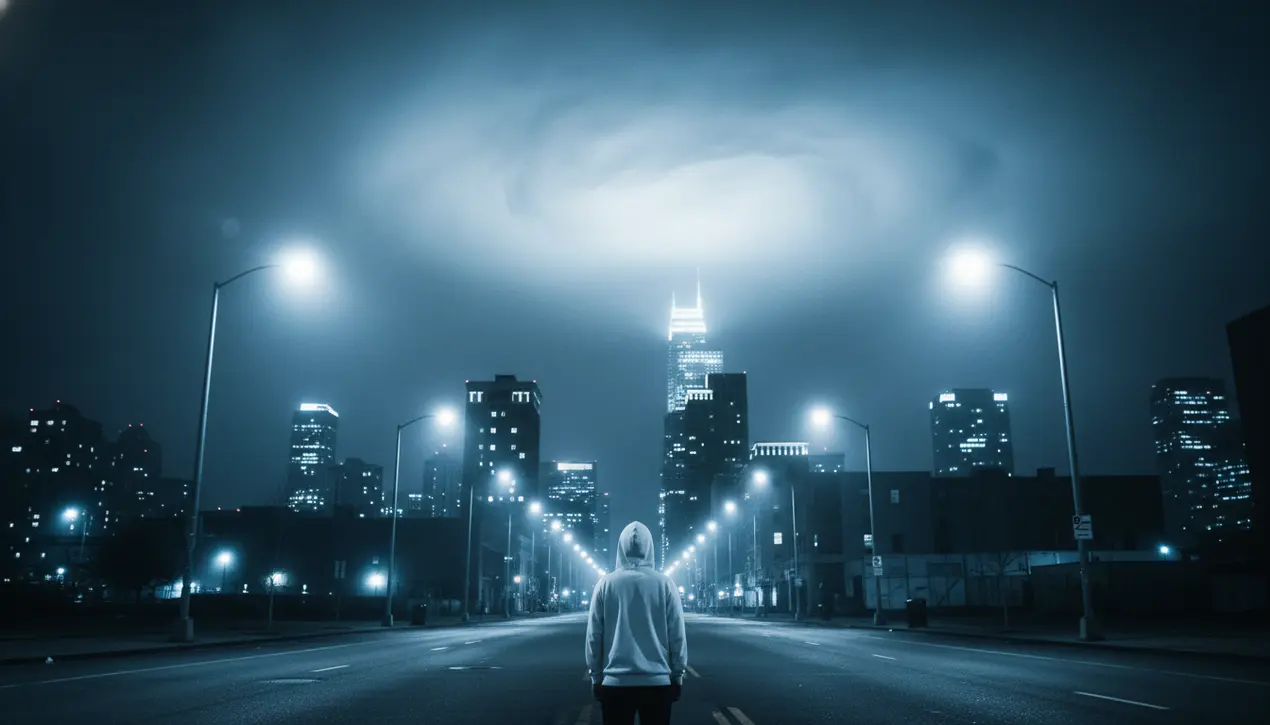
SciencemedicinePublic Health
Nighttime Light Pollution Linked to Heart Damage in Study.
RA
Rachel Adams
4 hours ago7 min read2 comments
The relentless glow of the modern world is not merely an aesthetic nuisance; it is an environmental toxin with tangible, physiological consequences, a reality starkly illuminated by a new study linking nighttime light pollution to measurable heart damage. This research, emerging from a growing body of work on the health impacts of our perpetually lit societies, moves beyond the well-documented disruption of sleep cycles to pinpoint a direct assault on cardiovascular integrity.The mechanism is a brutal subversion of our evolutionary biology. For millennia, the human circadian rhythm was governed by the sun's reliable cadence, a 24-hour cycle of light and dark that regulated everything from hormone production to cellular repair.The hormone melatonin, secreted in profound darkness, is a cornerstone of this system, not only facilitating restorative sleep but also acting as a powerful antioxidant and anti-inflammatory agent. The invasive glare of streetlights, digital screens, and urban skyglow acts as a biological counterfeit, suppressing melatonin and throwing this delicate orchestra into disarray.The consequence is a state of chronic, low-grade stress on the body, with the cardiovascular system bearing a significant brunt. The study's findings suggest that this constant physiological alertness can lead to increased blood pressure, systemic inflammation, and ultimately, structural changes to the heart muscle itself, mirroring the damage seen in conditions like hypertension.This is not a problem confined to dense city centers; suburban sprawl and the pervasive use of LEDs, which emit a high proportion of sleep-disrupting blue light, have exported this health risk to previously dark skies. The situation parallels other slow-moving environmental crises, such as the insidious accumulation of microplastics in ecosystems, where a seemingly convenient modern advancement reveals a hidden, long-term cost.Experts in environmental health are now calling for this to be treated with the same urgency as air and water pollution, advocating for 'dark sky' policies, the use of warmer, shielded outdoor lighting, and a cultural shift in how we value the night. The implications are global, affecting populations from the brightly lit corridors of East Asia to the sprawling metropolises of North America and Europe, and demand a fundamental re-evaluation of our illuminated existence, forcing us to ask whether our conquest of the night is, in fact, a pyrrhic victory for our own health.
#light pollution
#heart health
#sleep disruption
#circadian rhythm
#environmental health
#public health
#featured
Stay Informed. Act Smarter.
Get weekly highlights, major headlines, and expert insights — then put your knowledge to work in our live prediction markets.
Related News
Comments
Loading comments...
© 2025 Outpoll Service LTD. All rights reserved.